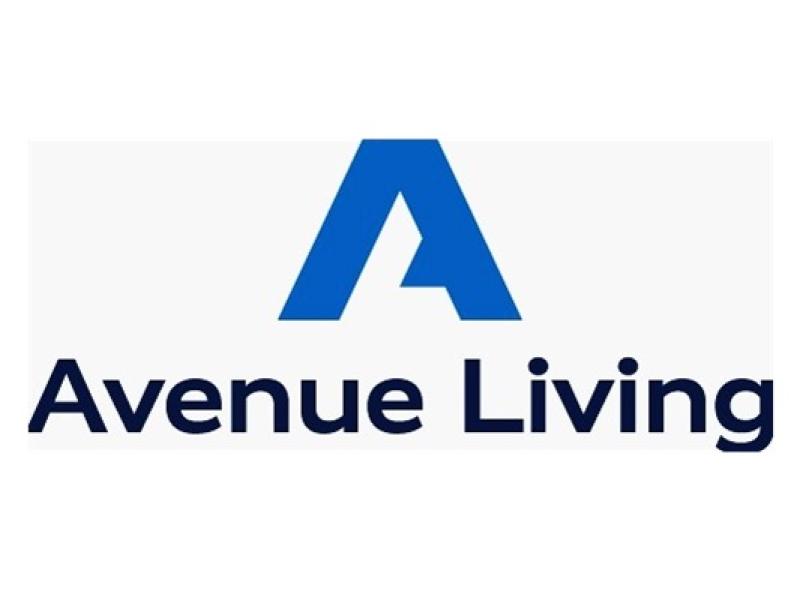Specifically speaking, the impact of economically empowering women depends on where you live on this earth. Globally there are still approximately 2.7 billion women restricted from doing the same jobs as men.
But that’s not necessarily true in North America, right?
OK, how about this more relatable fact: only five per cent of the Fortune 500 companies have female CEOs.
When we look at the general workforce, approximately 63 per cent of women (aged 25-54) participate in the labour market; that compares to 94 per cent of men in the same age category.
The statistic doesn’t tell us where those 37 per cent of women are or why they aren’t participating, but it certainly highlights the imbalance between genders.
So it’s agreed; there is still some work to do.
It looks like: better representation
It was reported last month that less than 20 per cent of board directorships in Canada are held by women.
Women are most likely to appear on government business enterprise boards, followed by public corporations. The lowest representation of women (17.4 per cent) occurred within private corporations.
Boards are best balanced in their decision-making when they are represented by a diverse group of individuals.
This means getting more women board-ready and helping them find those opportunities.
It looks like: men participating in change
As much as women would love to shatter glass ceilings on their own, the truth is that can’t be completely realized without the co-operation of men.
I have heard the argument that we should just cancel the gender agenda and award merit where it’s deserved to any human. That would be awesome if we were all beginning at the starting line, but that’s not the case.
Change this culturally significant will take generations.
I feel a sense of optimism in my own office seeing the attitudes of young men coming into our industry.
But, this will take time. Vigilant patience is required.
It looks like: more female CRE agents
Barry Stuart, one of our fearless leaders at ICR, asked: where are all the female agents? Despite actively looking to recruit female salespeople, finding them has proven elusive to our company.
Sales can be a great career for women if they are able to put in the hours needed to be successful.
For women handling the heavier load of parenting, that may not be realistic.
We know that women spend up to two-and-a-half times more hours than men on unpaid care and domestic work. That’s a substantial burden to bring to a demanding job in any industry and real estate would not be immune to that.
So, perhaps it means both parents need to share the load or find a way to equalize those responsibilities.
It looks like: buying the Cadillac
For me, economic empowerment has meant making my own buck and the choices that go with spending it.
That came to reality when I walked into a dealership this spring and bought a car I’ve always dreamed of. I didn’t need anyone’s credit to purchase my car and I can service the debt required to pay for it.
To understand this, you must know where I come from.
My dad advised me early on that I would need a career of my own just in case I didn’t find a traditional path to marrying money.
That was solid advice; however, I had staggering student loan debt upon exiting university.
We’re talking potentially decades for repayment if paying the minimum . . . which I could hardly afford even then.
Enter my spouse. Bless his blue-collared heart, he was able to carry our household while I struggled to find my place and build my way up.
Without that reprieve from the realities to my cost of living, I’m not sure where I’d be today.
Lastly, the third most important guy to give me a way up was my boss. He took a chance on me, sharing profits of his success along the way, which ultimately instilled confidence in me to seek my own success.
I’m not ashamed to say my success springs in part from the support of several men in my life, as per my earlier point of men contributing to this cultural shift.
It looks like: growing economies
Whether you’re a woman in a third world country or just down the street, economic empowerment for women has the potential to be powerful to economies.
The UN’s study on the topic puts it down in black and white:
* Increasing the female employment rates in OECD countries to match that of Sweden, could boost GDP by over US$6 trillion;
* Conversely, it is estimated that gender gaps cost the economy some 15 per cent of GDP;
* Increased education opportunities for women have attributed to 50 per cent economic growth in OECD countries over the past 50 years;
* Companies with three or more women in senior management roles rate higher in all dimensions of organizational performance.
In my mind, it couldn’t be more clear what economic empowerment of women could look like.







